Purina Equine Senior Horse Feed, 50 lb. Bag
When your equine partners and trusted companions reach their golden years, help support their good health for years to come with Equine Senior® horse feed, specifically made to meet the nutritional needs of the aging horse.
When your equine partners and trusted companions reach their golden years, help support their good health for years to come with Equine Senior® horse feed, specifically made to meet the nutritional needs of the aging horse. A carefully balanced feed with fiber built-in that is easy to chew and digest even with dental limitations, its patented formula supports the overall health of senior horses with Amplify ® High-Fat Nugget to promote ideal body condition, ActivAge® for immune support, and Outlast® for gastric health and comfort.
- #1 Veterinarian Recommended Senior Horse Feed – Four out of five equine veterinarians recommend Purina’s Equine Senior Horse Feed to their clients with senior horses, according to an independent study conducted in 2019
- Exclusive ActivAge® Prebiotic: Scientifically studied to support optimal immune function, mobility, and metabolic response in senior horses
- Purina Amplify High-Fat Nugget – Multiple sources of fatty acids including stabilized rice bran, flaxseed, and vegetable oils help support body condition, shine and bloom
- Outlast Gastric Support – Scientifically shown to support gastric health and comfort and proper pH
- Supports Digestion & Health – Contains highly digestible fiber including beet pulp and hay for horses that cannot chew or digest long-stemmed forage.
- Easy to Chew – Easy-Soak Pellet Technology for horses with worn or missing teeth, makes a soft, easy-to-chew mash when soaked in water
- Highly Fermentable Fiber Sources – Including beet pulp and hay to help maintain body condition and support healthy digestive function.
Additional information
| Food Form | Pellets |
|---|---|
| Horse Life Stage | Senior |
| Packaged Height | 30 in. |
| Packaged Length | 4.5 in. |
| Packaged Weight | 51 lb. |
| Packaged Width | 17 in. |
| Product Height | 30 in. |
| Product Length | 4.5 in. |
| Product Weight | 50 lb. |
| Product Width | 17 in. |
| Manufacturer Part Number | 3006848-506 |

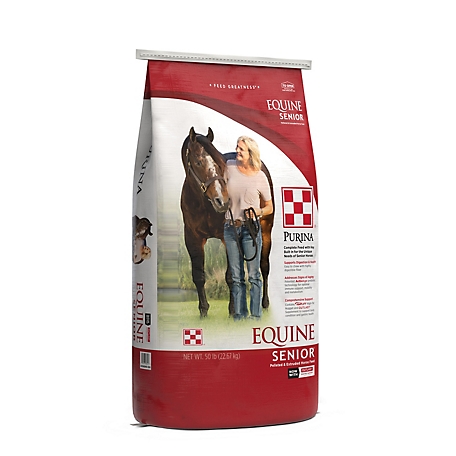
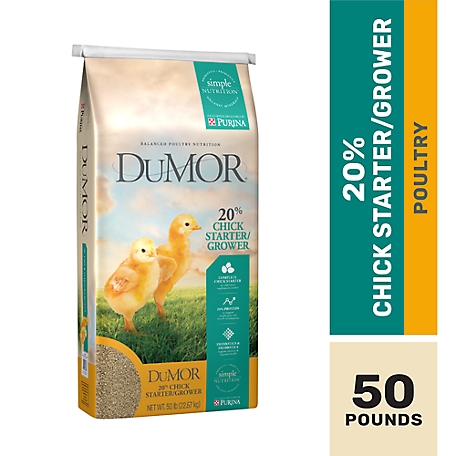
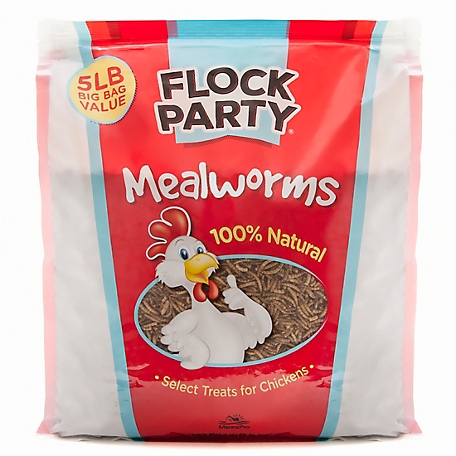
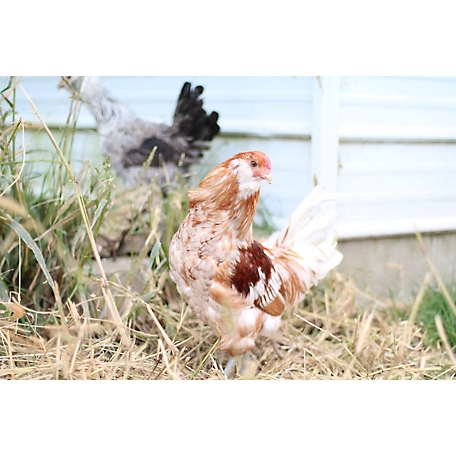
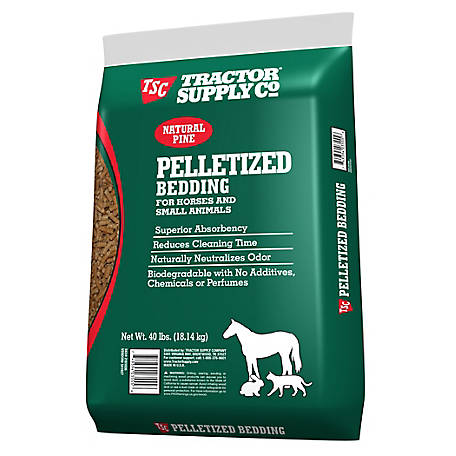
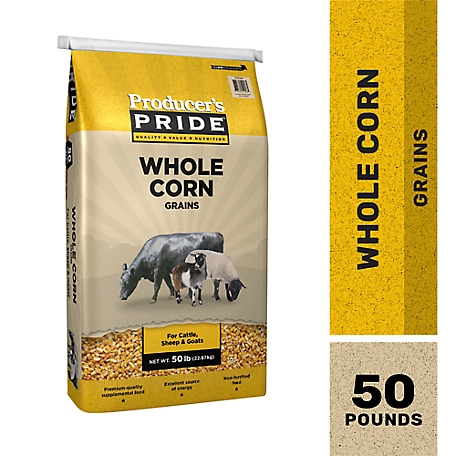
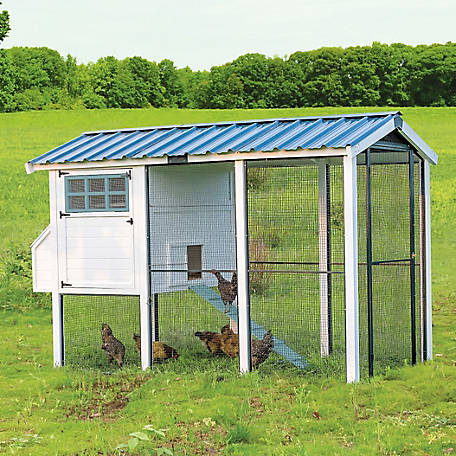
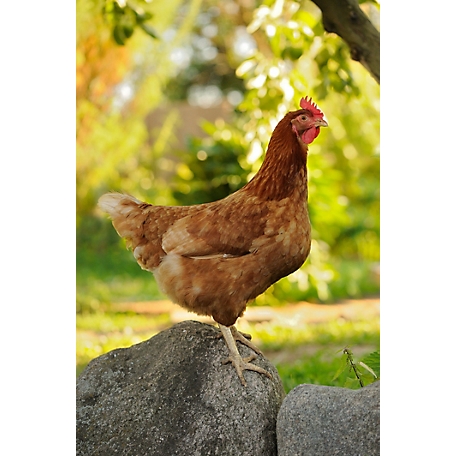
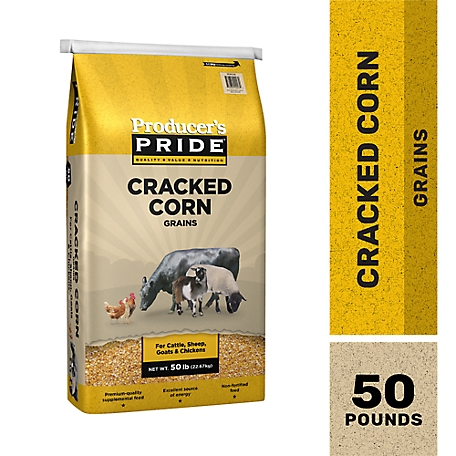
by Jay
Vet recommended Purina Equine Senior for an aged donkey who was not eating well. Donkey took to it right away and obviously enjoyed his pellets. He maintained healthy weight and condition throughout his remaining days. Sadly, we lost him a few months ago, but he was a happy little guy until the end.
by Joe
Palatable and keeps weight on my seniors.
by Amanda
Best feed for older horses! They love it and it keeps the weight on!
by Folly
A very good product.